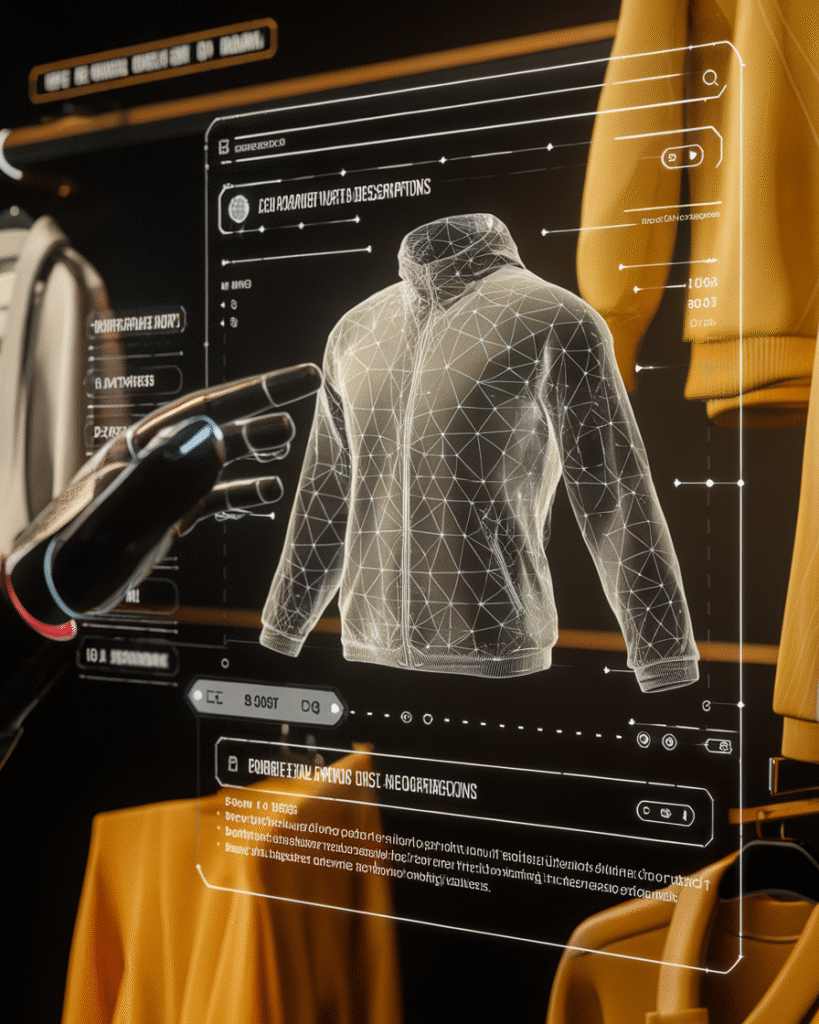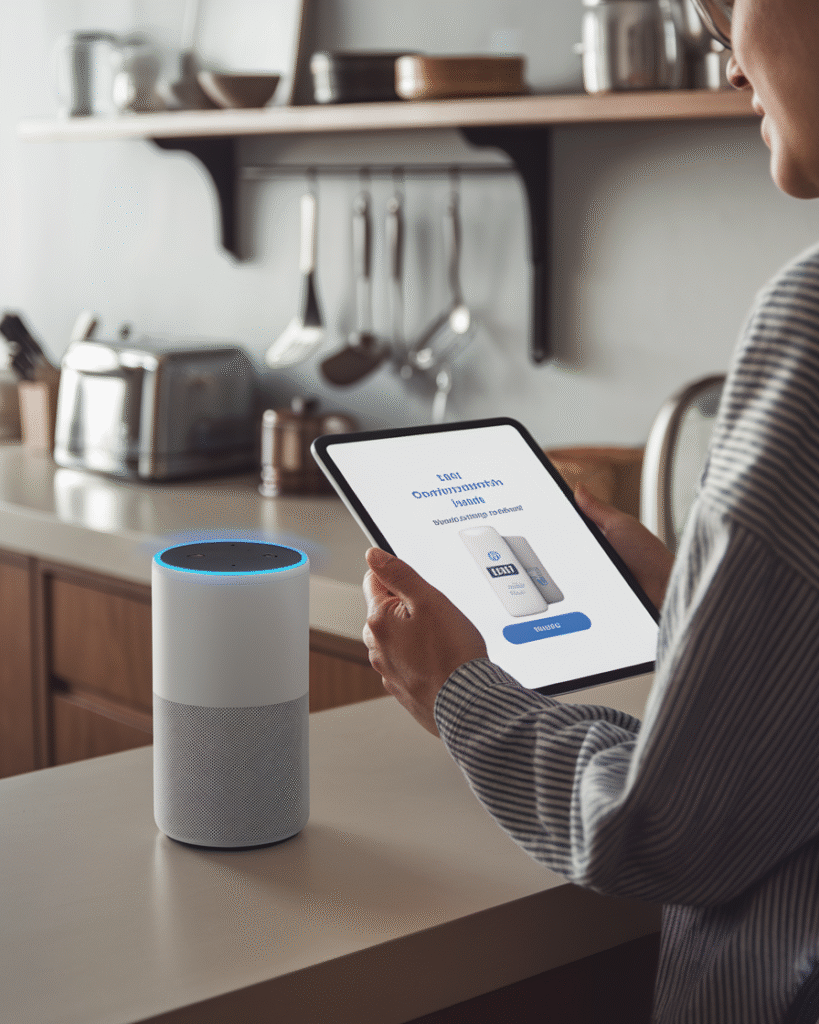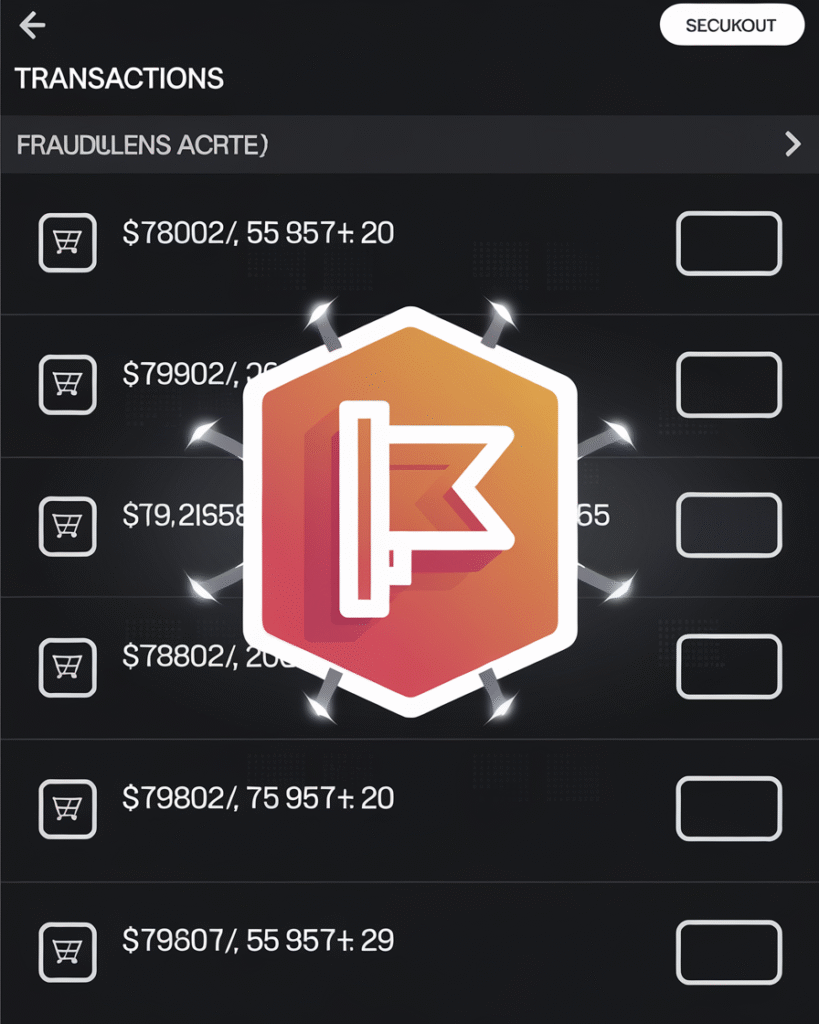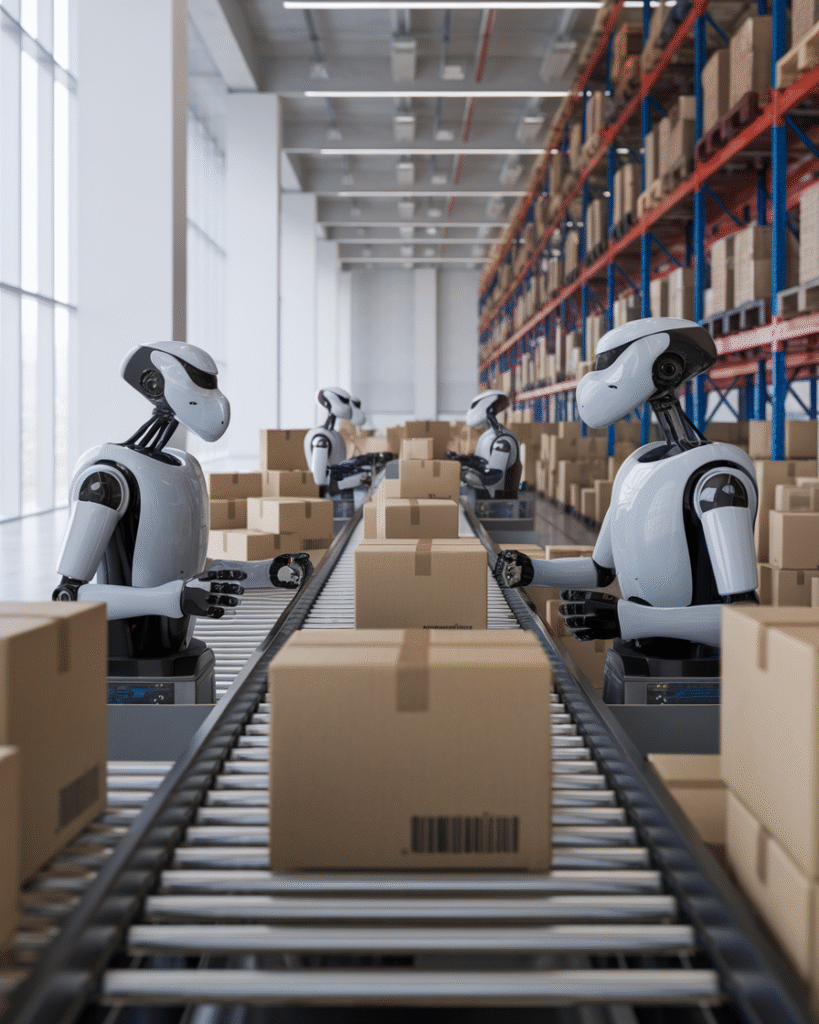Running an online store in 2025 means more than just listing products it’s about automating, optimizing, and scaling without burning out. The best AI tools for e-commerce store automation are helping entrepreneurs save time, cut costs, and boost sales while focusing on what really matters: growth and customer relationships. In this article, we’ll explore why these tools are essential, the benefits they bring, step-by-step ways to use them, trending applications, and the strategies that will help you stay ahead.
Why Best AI Tools for E-Commerce Store Automation Matter in 2025
E-commerce is evolving rapidly. With customer expectations rising and competition intensifying, automation is no longer a luxury—it’s survival. AI-powered store automation helps businesses streamline repetitive tasks like product listing, inventory management, order fulfillment, and customer support. At the same time, it enhances personalization, which is now the cornerstone of successful online selling.
In 2025, AI isn’t just about saving time—it’s about creating smarter systems that learn, adapt, and anticipate customer needs. From chatbots that convert browsers into buyers to predictive analytics that forecast inventory demands, AI tools allow store owners to scale faster and serve better. For entrepreneurs and personal growth seekers, it’s the ultimate way to free up creative energy while the system works in the background.
Top Benefits of Best AI Tools for E-Commerce Store Automation
Increased Efficiency with Order and Inventory Management
AI-powered inventory trackers can predict when products will run low, automatically reorder stock, and prevent overselling. For example, Shopify stores using automation apps like Skubana have reported reduced stockouts by up to 30%.
Enhanced Customer Experience with Chatbots
AI chatbots such as Tidio and Drift provide instant support, reduce cart abandonment, and even upsell products. This ensures customers feel valued, which directly impacts loyalty and repeat purchases.
Smarter Marketing Campaigns
Tools like Klaviyo and Mailchimp use AI to personalize email campaigns, segment audiences, and analyze customer behavior. This leads to higher open rates, click-throughs, and conversions.
Cost Savings and Revenue Growth
By automating tasks like product descriptions, A/B testing, and ad targeting, store owners reduce manual work, lower labor costs, and grow revenue streams sustainably.
Step-by-Step Guide to Best AI Tools for E-Commerce Store Automation
- Identify Your Needs – Decide if your store requires AI for inventory, marketing, customer support, or all three.
- Choose the Right Tool – Select platforms that integrate seamlessly with your existing store (e.g., Shopify, WooCommerce, BigCommerce).
- Set Up Automations – Configure workflows like abandoned cart recovery, personalized recommendations, or stock alerts.
- Train AI Models – Feed customer data into the system for smarter predictions and tailored campaigns.
- Monitor & Optimize – Regularly review analytics dashboards, tweak automations, and A/B test results.
- Scale Gradually – Start with one automation, then expand to cover all major processes.
- Focus on Personalization – Use AI to give each customer a unique experience, from browsing to checkout.
Pro Strategies to Maximize Best AI Tools for E-Commerce Store Automation
- Integrate Across Platforms – Ensure your AI tools talk to one another, creating a seamless ecosystem.
- Prioritize Personalization – Don’t over-automate to the point of losing human touch. Balance efficiency with authenticity.
- Leverage Predictive Analytics – Use AI to anticipate seasonal demands, reducing excess inventory.
- Avoid Data Silos – Centralize customer and sales data so your AI can learn faster and provide deeper insights.
- Test and Iterate – Automation is not static. Regularly test automations and refine them for better performance.
7 Trending Applications in 2025 for Best AI Tools for E-Commerce Store Automation
AI-Generated Product Descriptions
AI writing assistants are transforming how online stores present their products. By creating SEO-optimized and engaging product descriptions in seconds, these tools reduce manual work while boosting conversions. Shoppers get accurate, compelling details, while store owners save hours of time that can be reinvested into growth.

Voice Shopping Integration
Voice assistants are reshaping the way customers shop online. With AI-powered integrations, shoppers can place orders through Alexa, Google Assistant, or in-app voice commands. This trend makes shopping hands-free, fast, and highly convenient—particularly appealing for repeat orders and everyday essentials.

Dynamic Pricing Engines
Real-time pricing optimization is becoming a game-changer. AI-powered dynamic pricing engines adjust product prices instantly based on customer demand, competitor pricing, and seasonal factors. This ensures higher profit margins while staying competitive in crowded markets.

Hyper-Personalized Recommendations
Personalization continues to be a core driver of sales. AI recommendation engines analyze browsing history, demographics, and customer behavior to suggest highly relevant products. This creates a tailored shopping experience that feels human, builds trust, and increases average order value.

Automated Customer Retention Campaigns
Customer loyalty is no longer left to guesswork. AI tools predict when shoppers might churn and automatically trigger campaigns with loyalty rewards, personalized discounts, or win-back emails. The result is higher retention rates and stronger lifetime customer value.

AI-Driven Fraud Detection
Security is a top priority for e-commerce in 2025. Machine learning algorithms now monitor transactions in real time, flagging suspicious activities and reducing chargeback risks. This not only protects store owners but also reassures customers that their data is safe.

Warehouse Robotics & Smart Fulfillment
AI-powered robotics are revolutionizing order fulfillment. From picking and packing to sorting and shipping, smart warehouse automation cuts delivery times and ensures accuracy. For customers, this means faster, more reliable service; for store owners, it means reduced costs and fewer errors.

Conclusion – Bringing Best AI Tools for E-Commerce Store Automation Into Your Life
The best AI tools for e-commerce store automation in 2025 are more than just software—they’re business partners. They save time, cut costs, and create personalized experiences that turn casual browsers into loyal customers. By adopting these tools and following proven strategies, you can scale your store, focus on creativity, and achieve both financial and personal growth. Start small, stay consistent, and let AI handle the heavy lifting while you build the brand you’ve always envisioned.
FAQs About Best AI Tools for E-Commerce Store Automation
Q1: What are the best AI tools for e-commerce store automation in 2025?
A1: Top tools include Shopify Flow, Skubana, Klaviyo, Drift, and Jasper AI, all of which handle different aspects like inventory, marketing, and customer support.
Q2: How much does AI automation cost for online stores?
A2: Pricing varies from free starter tools to enterprise-grade platforms costing $200–$2,000 per month. Most small stores see ROI within the first year.
Q3: Can AI fully replace human employees in e-commerce?
A3: No. While AI automates repetitive tasks, human oversight is essential for creativity, empathy, and brand-building.
Q4: How secure is AI-driven e-commerce automation?
A4: Modern AI platforms use encryption and fraud-detection algorithms, making transactions safer and reducing risks of chargebacks.
Q5: Will using AI tools hurt customer trust?
A5: Not if used wisely. Customers value personalization and efficiency; as long as brands remain transparent, AI builds trust instead of diminishing it.



